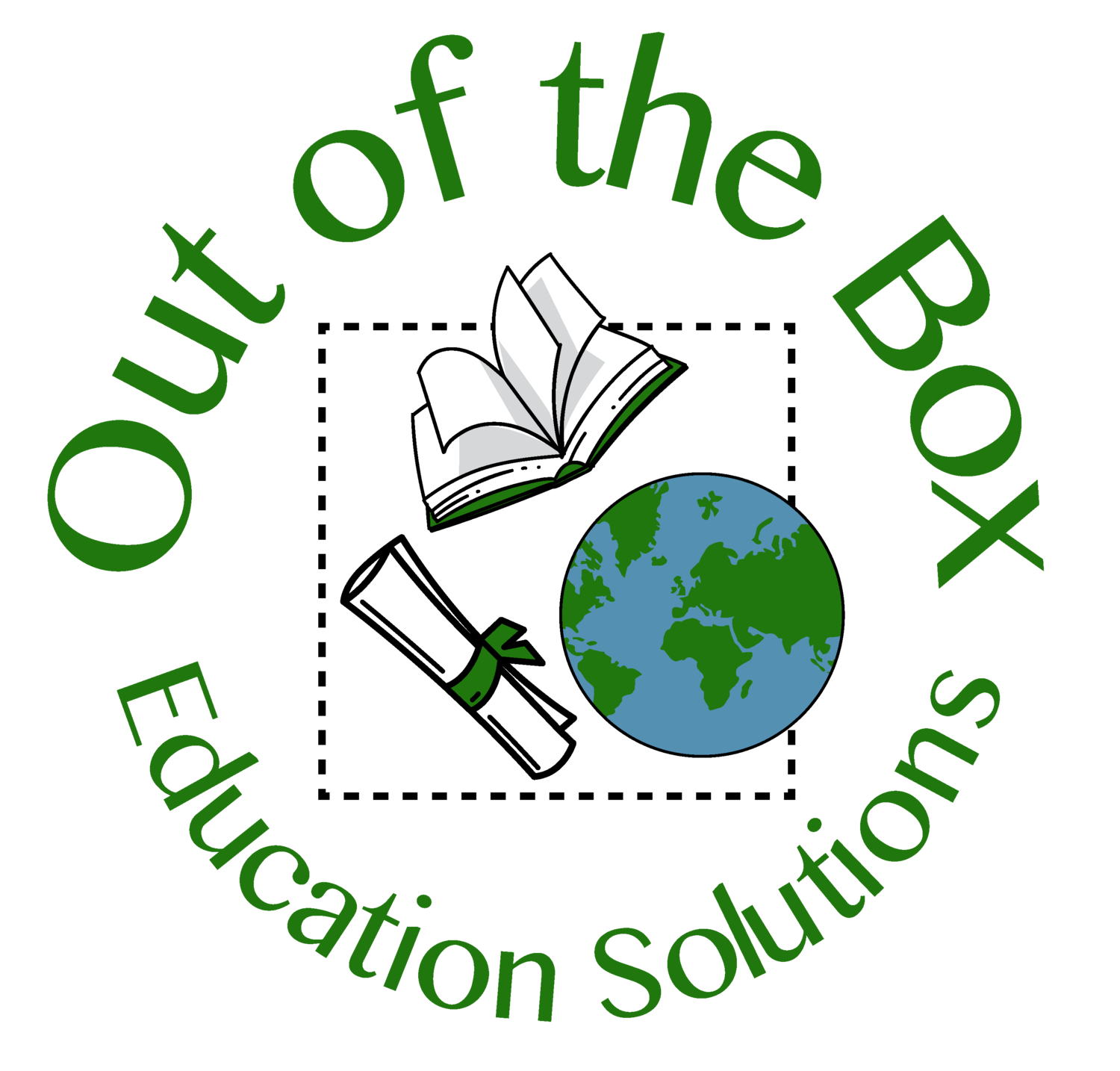Today I would like to talk about the critical differences between data, information and knowledge. This speaks to a pet peeve of mine: As educators we spend too much time passing on disciplinary content and too little on why we need to know such content and how we actually have come about to know it.
Data is sensory. Humans have five inputs - sight, hearing, touch, smell and taste. We oftentimes supplement these senses through technology (microscopes, microphones, telescopes and telephones, for example.) The packets of sensory data we collect have to be made sense of. First we organize sensory data into patterns. Visual data, for example, is put together from the perception of such things as color, brightness and contrast to form visual patterned information. This allows us to conceptualize or give meaning to these visual patterns, which we call knowledge. We 're-cognize' our material surroundings. Our brains combine the new perceptions with what we have previously recognized (what we know) to allow us to perceive our environment.
So what does this have to do with education? Well, I think everything. Most generally education is the method by which we use to pass on cultural knowledge between generations. in order for successive generations to be culturally literate and thereby adaptive and successful, educators must pass on relevant traditional knowledge from previous generations and the rationale and method underlying the creation of this knowledge. if we see education as a means of primarily passing on cultural content in the form of data and information, then we are short-circuiting the education process. In my over 3 decades as an educator, content driven coursework continues to dominate higher education. Content driven 'learning' provides our generation's answers without revealing the questions that we posed and methods that were used to arrive at these answers. Answers in themselves are relatively meaningless without their methodological context. Knowing requires the ability to sense, organize and create, This is why many students only want to know facts that will be 'on the test.' They are looking for answers without knowing the questions.
Let me approach my argument from a different direction by citing Farmer/Philosopher/Educator Wendell Berry's "Paragraph's from a Notebook" in his 2015 book of Essays "Our Only World." He laments our educational propensity to overemphasize breaking things down in order to know things. In his terms, we analyze sensory perceptions to study their anatomy. He astutely notes that "(n)either (analysis or anatomy) suggests a respect for formal integrity and that this distracts us from 'learning or teaching a competent concern for the way parts are joined." Understanding the formal integrity of our environments is an essential aspect of knowing about them. We need to understand ecosystems not just eco-facts.
Berry concludes that we should turn to the Greek term for creating 'poeisis' (from the same root as poetry) as a way for understanding formal integrity and completing the educational cycle. Knowledge requires building and building requires creativity. In this way, all learners are poets.
Education to be complete must include a mix of passing on content (what we know) and building (why and how we know it). It requires an understanding that knowledge and its endgame cultural literacy is a creative process that requires moving from data to information to knowledge.
